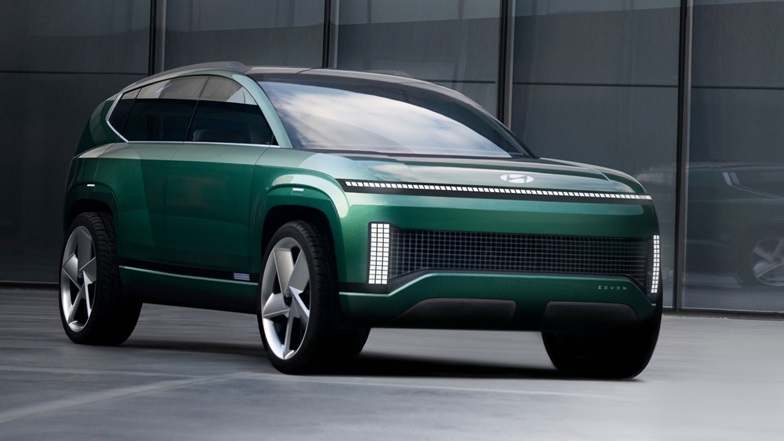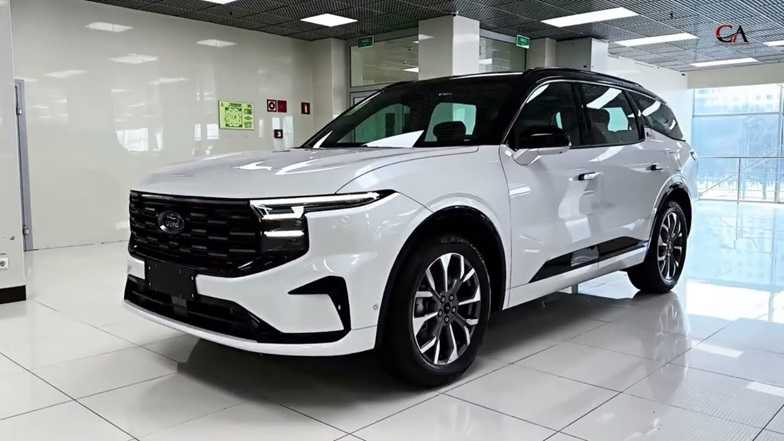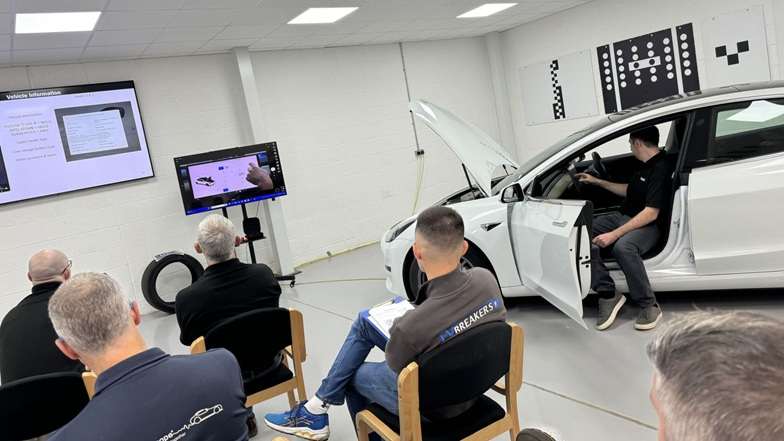As the auto industry shifts toward greener technologies, consumers often face the choice between hybrid vehicles and fully electric vehicles (EVs). Both offer environmental and cost-saving benefits, but they come with distinct advantages and limitations. Here’s a breakdown to help you understand the differences and decide which option is best for you.

Hybrid Vehicles
A hybrid vehicle combines a traditional internal combustion engine (ICE) with an electric motor. It can switch between the two or use both simultaneously, depending on driving conditions.
Key Benefits:
- No Charging Required: Since hybrids rely on gasoline and regenerative braking, there’s no need to worry about finding a charging station.
- Lower Cost: Typically, hybrids are more affordable than EVs, making them an attractive choice for buyers looking to reduce fuel costs without a large upfront investment.
- Extended Range: Hybrids can travel longer distances since they use both gas and electricity. You don’t need to worry about running out of battery power on long trips.
- Environmental Benefits: Hybrids still produce emissions, but they’re lower compared to fully gasoline-powered vehicles, helping reduce your carbon footprint.
Limitations:
- Gasoline Dependence: While hybrids are more fuel-efficient than traditional cars, they still rely on gasoline and emit CO2.
- Maintenance: Hybrids have both a gas engine and an electric motor, which means more complex maintenance compared to EVs.
Electric Vehicles (EVs)
A fully electric vehicle (EV) runs solely on electricity, using a battery-powered motor.
Key Benefits:
- Zero Emissions: EVs produce no tailpipe emissions, making them the most environmentally friendly option.
- Lower Operating Costs: Since they don’t use gasoline and have fewer moving parts, EVs are cheaper to maintain in the long run.
- Smooth and Quiet Drive: EVs offer a smoother, quieter ride, as they don’t have a combustion engine.
- Incentives: Many governments offer tax credits and incentives for buying EVs, which can offset the higher upfront cost.
Limitations:
- Range Anxiety: EVs have a limited driving range, and while the range is improving with newer models, long trips can be stressful due to the need for charging stops.
- Charging Infrastructure: Public charging stations aren’t as widespread as gas stations, and home charging requires installation of a charging unit.
- Upfront Cost: EVs tend to have a higher purchase price than hybrids, although this is gradually changing.
Hybrid vs. Electric Vehicles
| Feature | Hybrid Vehicles | Electric Vehicles (EVs) |
|---|---|---|
| Fuel Source | Gasoline + Electric | Electric Only |
| Emissions | Reduced, but still emits CO2 | Zero Emissions |
| Driving Range | Longer (Gasoline + Electric) | Limited by battery capacity (Improving) |
| Charging | No charging required | Requires home or public charging |
| Cost | Lower upfront cost | Higher upfront cost, but lower long-term expenses |
| Maintenance | More complex (dual systems) | Simpler (fewer moving parts) |
| Environmental Impact | Lower emissions than gas vehicles | Zero emissions, eco-friendly |

Which is Right for You?
- Go Hybrid if…
You want a fuel-efficient vehicle without worrying about charging infrastructure or range. Hybrids are ideal for drivers who take long trips, live in areas with limited charging options, or want a lower upfront cost. - Go Electric if…
You want to minimize your carbon footprint and are ready to embrace the future of clean transportation. EVs are perfect for people who have access to home charging and drive shorter distances daily. With lower long-term costs, EVs also save money on maintenance and fuel.
Conclusion
Both hybrids and EVs play essential roles in the transition to cleaner transportation. Hybrids are great for those seeking a balance between fuel efficiency and convenience, while EVs represent the ultimate green choice for reducing emissions. The decision depends on your lifestyle, driving habits, and budget, but either option will contribute positively to a more sustainable future.
PEOPLE WHO READ THIS, ALSO READ





